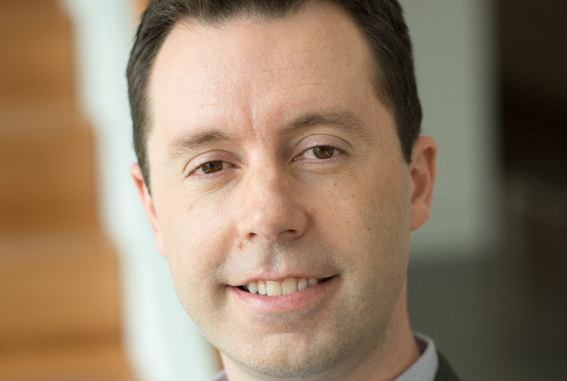A team of scientists at the Ansary Stem Cell Institute of Weill Cornell Medical College has been awarded a prestigious “high risk-high reward” grant to pursue research in regenerative medicine. The $3.2 million National Institutes of Health Director's Transformative Research Award will support research by Dr. Shahin Rafii, and investigators Drs. Joseph Scandura, Olivier Elemento, Koji Shido and Bi-Sen Ding, who are studying how to use the tissue-specific endothelial cells that line blood vessels to repair damage to any organ or target tumors.
The proposal was based on the discoveries by Dr. Rafii's group, which set forth the proposition that blood vessels are not just inert plumbing delivering oxygen and nutrients, but instead are active participants in organ function, producing growth factors that orchestrate organ regeneration and repair after damage. Endothelial cells can also be co-opted by tumor cells to promote tumor growth and metastasis. With the grant, Dr. Rafii, director of the Ansary Stem Cell Institute, aims to describe how endothelial cells assume their organ and tumor specificity – as well as repair organs without scarring – with the goal of discovering how to use these cells therapeutically.
"We are grateful for this award because it provides vital support to test our potentially paradigm-shifting idea to use human endothelial cells to trigger damaged organs to repair themselves," says Dr. Rafii, a professor of medicine and genetic medicine at Weill Cornell.
"These professional endothelial cells act as sensors and ambassadors of the health of an organ," says Dr. Scandura, a co-principal investigator, hematologist-oncologist and a member of the Ansary Stem Cell Institute. "They form the key interface that drives embryogenesis and that we believe coordinates organ repair in adults."
Indeed, endothelial cells are master regulators that drive regeneration by releasing beneficial, organ-specific growth factors. "Notably, we have shown in preclinical studies that specialized endothelial cells from the lung can regenerate injured lung tissue, and that endothelial cells in the liver can switch on liver regeneration without scarring," says Dr. Ding, a co-investigator at the Ansary Stem Cell Institute.
Yet Dr. Rafii says that it is unclear how organ-specific endothelial cells acquire their attributes and perform these executive functions — and finding out is one of the goals of the NIH grant. Dr. Elemento, a co-investigator and associate professor in computational biology at Weill Cornell, has already defined genetic codes of tissue-specific endothelium. Armed with that knowledge, the research team intends to engineer customized endothelial cells that know how to reach injured tissues and initiate organ regeneration without provoking scarring.
Similarly, trained endothelial cells could be used as a Trojan horse that is welcomed into a tumor before it deploys signals that block tumor growth and metastasis. (The technology supporting this approach has been licensed to the biopharmaceutical company Angiocrine Bioscience.)
Adds Dr. Rafii: "This program is an effort to establish the foundation for a new chapter in vascular regenerative medicine."
Dr. Rafii is a founder of Angiocrine Bioscience, a consultant, and a board observer who advises the company on scientific issues and on corporate strategy. He receives a monthly consulting fee and is an inventor of the technology licensed to Angiocrine by Cornell University.
Drs. Scandura and Ding have received VeraVec cells from Angiocrine Bioscience, and Dr. Scandura has also received cell sorts from the company. Neither receives compensation from Angiocrine Bioscience.

